
By Rafi at iBakeDenver
In the cannabis industry world, nothing is getting more attention for healing and overall treatment for ailments than CBD. Commonly referred to as Cannabidiol, one of the main chemical compounds found in marijuana and hemp products. CBD has been approved as a drug in the United States for all types of conditions, primarily seizures, inflammation, chronic pain, muscular disorders, Parkinson's disease, and several other types of wellness sufferings.
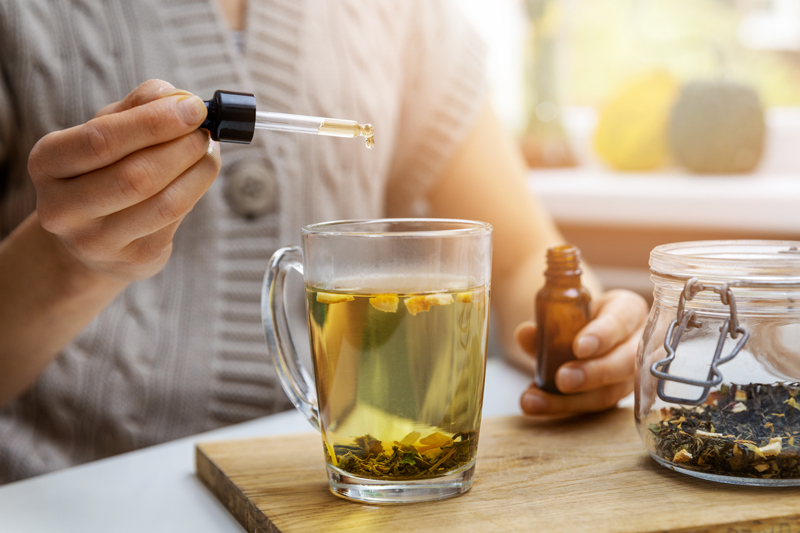
The main question when choosing CBD is which type will work best for your specific condition or illness. There are several to choose from, and we'll be exploring the differences between CBD Oils versus CBD tinctures. Both carry a dosage amount for specific causes, and both are non-psychoactive like straight-up marijuana, and both need their own defining reasons as to which one to choose that will work best for you.
For Pain: Is CBD Oil Better Than a Tincture?
CBD first hit the market as a new discovery in 1940. That seems like lifetimes ago. However, the entire CBD industry has morphed into one of the new age and completely alternative healing for many populations. I've preferred and used CBD tincture Denver has to offer for a plethora of muscle pains and bodily inflammations.
My dog even gets to benefit from CBD oil, especially when he's been stung by a bee, as the proponents in CBD act as an antihistamine to combat the inflammation or swelling a sting might incite. I apply a few drops directly to the sting site, then place a few drops in the palm of my hand for him to lick and take into his system. Works like a charm.
In essence, CBD oil has miraculous benefits, such as:
- Alleviates anxiety and depression by having the ability to calm the nervous system
- Treats epileptic seizures
- Minimizes symptoms of PTSD
- It helps people who are dependent on opioids
- Reduces symptoms of ALS (Amyotrophic lateral sclerosis)
- Offers relief for pain that is unmanageable
- Soothes symptoms of diabetes
- Provides pain-relieving effects for arthritis symptoms
In regards to CBD oil versus a CBD tincture, let's examine the differences and how a tincture would benefit in certain cases.
A Spotlight on CBD Tinctures
First off, we know that CBD oil is extracted from industrial hemp. The potency of the full-spectrum cannabinoids is in its rawest and most extreme phase, thereby needing to dilute the resulting derivation using an MCT carrier oil. Whether it's olive oil, hemp seed oil, or coconut oil, this allows the maximum cannabinoid potential to remain effective yet be more calming for digestive purposes.
Since there are no psychoactive effects from CBD oil, many advocates tend to place a drop or two under their tongues--commonly referred to as the sublingual method. In other cases of CBD oil use, you can apply directly to your hair, skin, or nails to ensure direct contact with the source needing to reap the pristine benefits. Also, adding a few drops to your cooking, such as baked goods, can enhance the overall quality of the final product while also helping you to alleviate any bodily pain you might be suffering from on any given day.
CBD tinctures are created by soaking natural cannabinoid matter into an alcohol and water solution. The tinctures themselves are derived directly from cannabis plants or industrial hemp using the alcohol diluted in the water. Because the taste of tinctures can be oft-putting, certain herbs and flavoring agents can be added to make the solution more palatable.
For faster absorption into the body, tinctures are also recommended to be taken sublingually. One way to make certain you're getting your daily dose of CBD to manage your symptoms is to place a few tinctures drops into your favorite beverage or food. However, if you feel the need to cook with a CBD tincture addition, use the water-soluble variety, so it will be easier to incorporate into the ingredients.
Which is Better: CBD Oil or CBD Tincture?
The main difference between an oil and a tincture is in their composition. Tinctures may contain other ingredients to keep the flavor more to your liking, while the oils are diluted with other oils--as mentioned above--in lieu of other flavorings or water and alcohol. What is known is that CBD tinctures have a lower concentration of cannabinoids than CBD oils, mainly due to the flavoring additives in the tinctures themselves.
With all of the additives into the tinctures, not only are they more appealing in taste, they have some extra health benefits as well. If you're adding chamomile herb for relaxation and agave sweeteners and vitamins to enhance the overall absorption benefit, it stands to reason that a CBD tincture seems to be better for you in the long run. The best tinctures contain only herbal extracts, water, and possibly polysorbate 80 so as to ensure the product isn't straight oil.
CBD oil is not based on alcohol, and therefore if you're seeking more wellness benefits and have an aversion to alcohol, then the oil is your best choice. If you prefer the natural taste of hemp and appreciate the added flavorings of tinctures, then this is the route to take. Either type of product, you need to ask yourself whether you plan to ingest the CBD directly (oils) or are you planning to use CBD to mix in with your favorite drink (tinctures)?
Conclusion
Choosing a CBD product doesn't have to be difficult if you know what type of pain you have and how you plan to use the oil or tincture. Both are effective, and both carry enormous wellness benefits. One isn't necessarily better than the other; it's simply a matter of navigating your purposes for using CBD and whether a tincture or an oil application is beneficial to your overall well-being and taste buds.
The CBD industry is growing at an alarming rate, and if you need relief from bodily pain and suffering, perhaps choosing either an oil or a tincture would be the most extraordinary addition to your lifestyle and wellness regimen.
Continue Reading



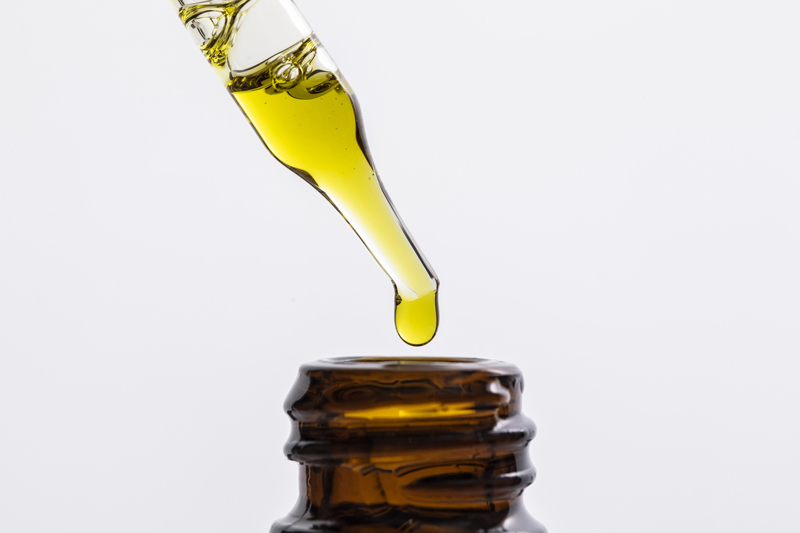
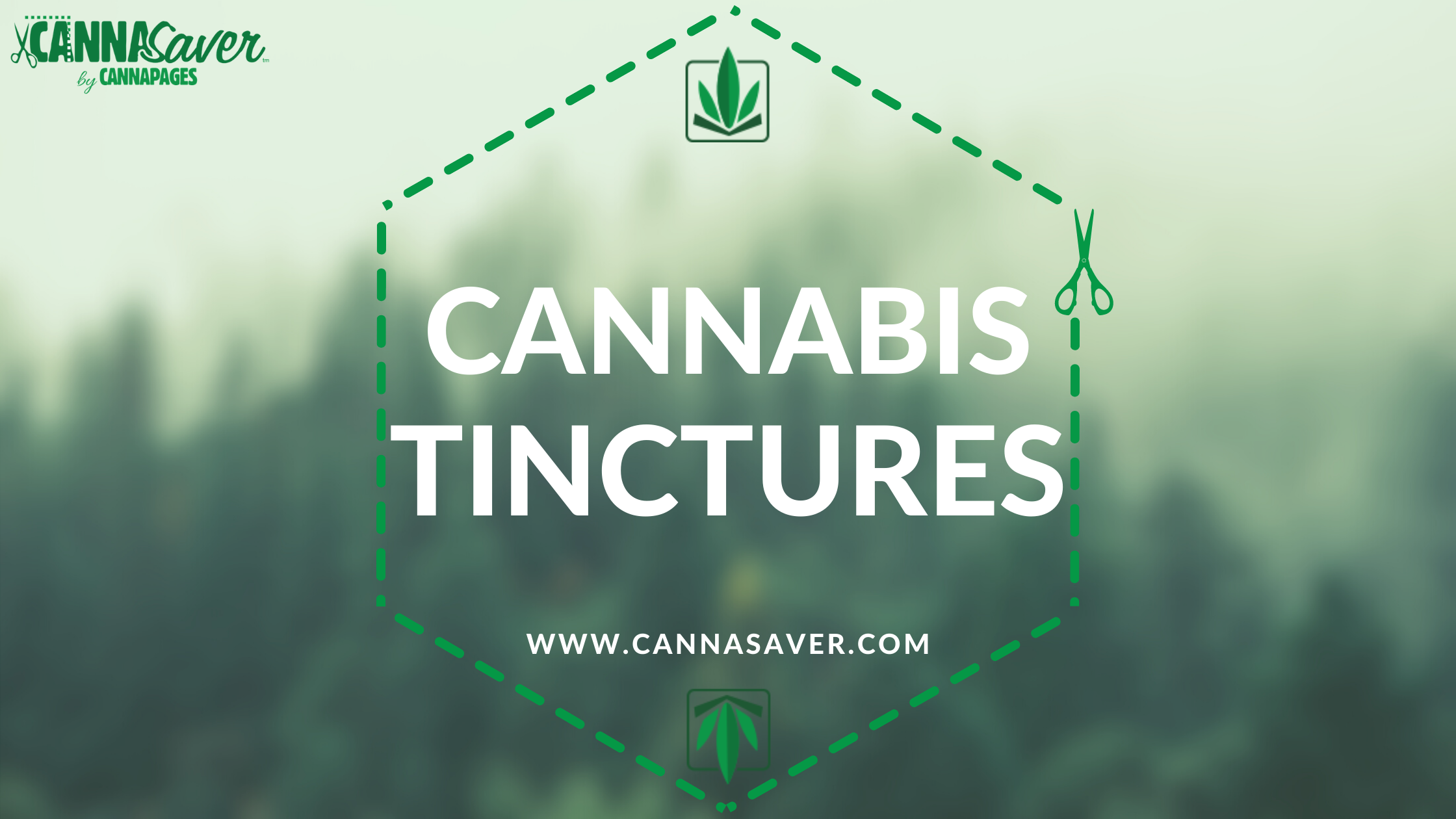
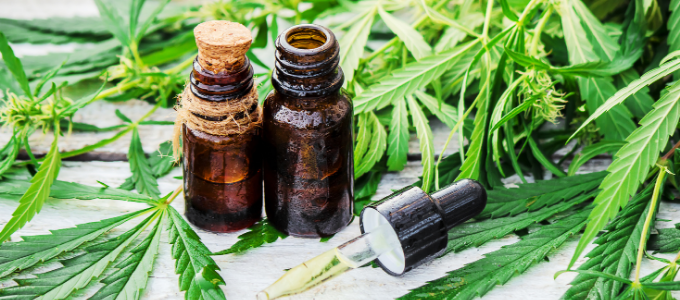
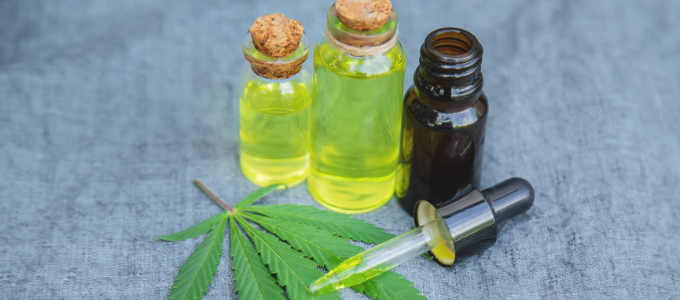
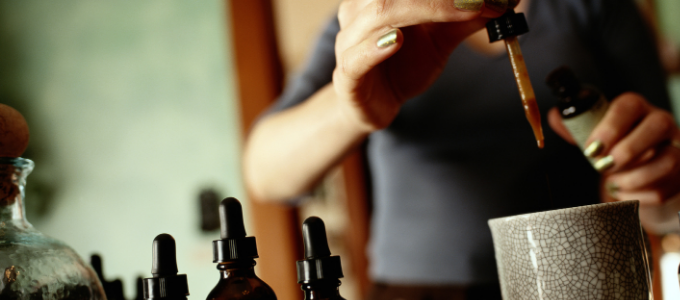
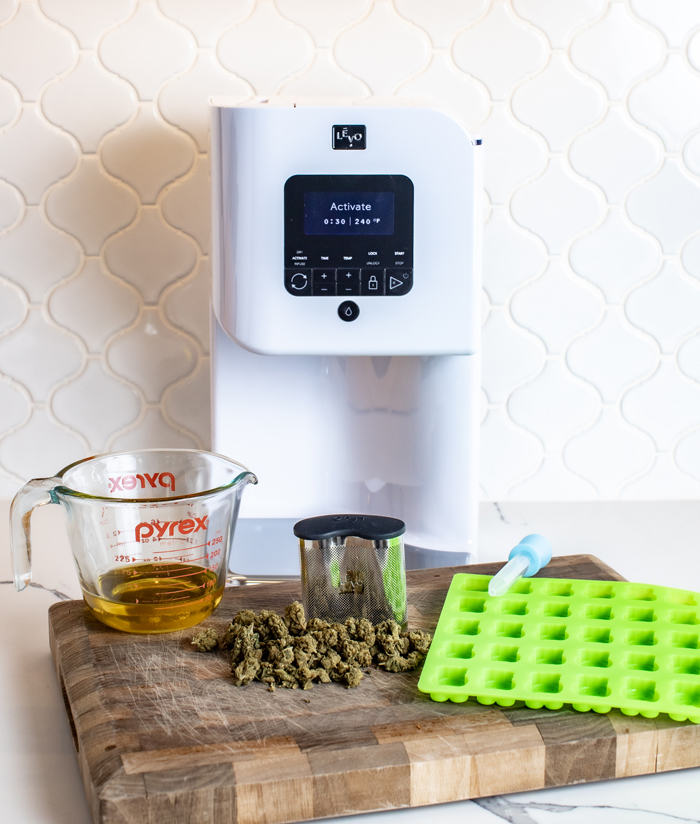
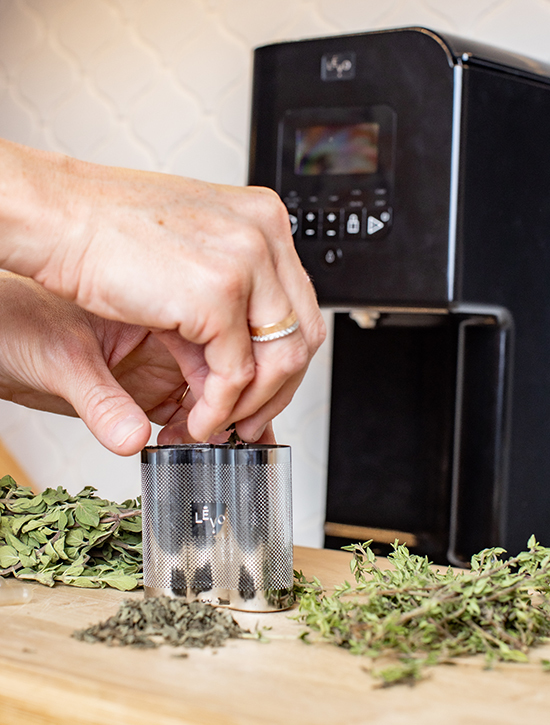
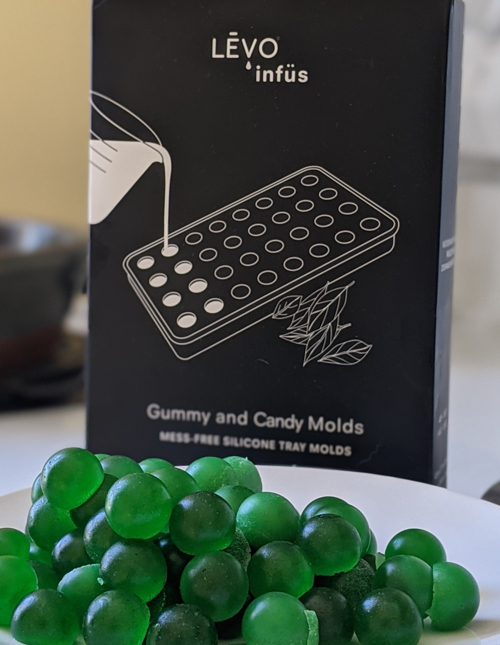

![(each) Apple [22pk] (440mg CBD/110mg THC) (each) Apple [22pk] (440mg CBD/110mg THC)](/rails/active_storage/representations/proxy/eyJfcmFpbHMiOnsiZGF0YSI6MTQ3MzAzNSwicHVyIjoiYmxvYl9pZCJ9fQ==--b01814b9206cdb971af5544f1f8bc070136df66b/eyJfcmFpbHMiOnsiZGF0YSI6eyJmb3JtYXQiOiJqcGVnIiwicmVzaXplIjoiNDYyIHggMzE1IiwiY29udmVydCI6IndlYnAifSwicHVyIjoidmFyaWF0aW9uIn19--ec16dfdba4bfa2885716a685324bbb155d297de3/1733321187-429469849_image.jpeg)















